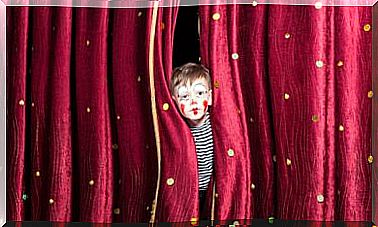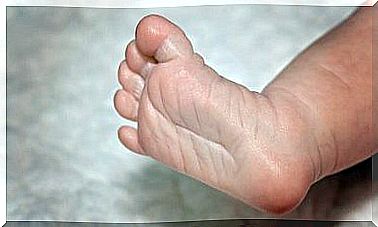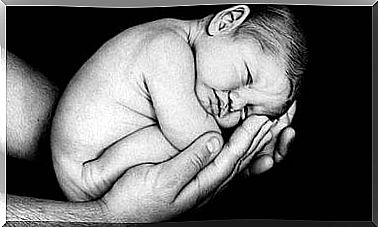How To Act In The Face Of Hazing At School
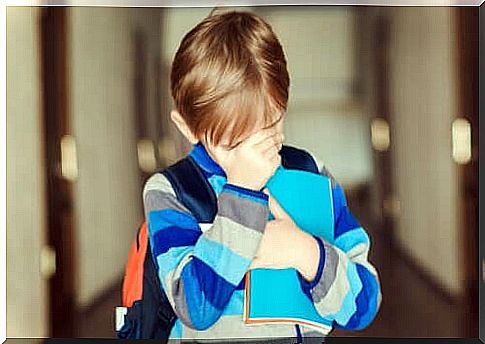
Have prank calls at school stopped being rites of passage and turned into nightmares for many children? For many young people, the problem is really serious, especially when they are excessive, last a long time or cause various psychological disorders.
Let’s imagine the mind of a young person who is arriving for the first time at a university, a school or an institute. Logically, he is nervous. Added to this is the fact that more senior students seek him out to throw him in the mud, write vulgar messages on his face or provoke shameful and embarrassing situations for the new student. What would our feelings and emotions be at those times? Hazing can be considered a form of abuse.
However, do these situations really have something positive, as advocated by some people? We’ll see what experts say and how parents and students can act in the face of hazing.

Hazing and its consequences
Professionals such as psychologist Loreto González-Dopeso claim that hazing does not have any positive consequences for young people. In fact, this expert is president of the Asociación No más novatadas ( Association Chega de trots , in free translation) and has become an activist against this type of procedure.
According to González-Dopeso, hazing can be a kind of door that allows the aggressor to abuse other young people. However, currently, there are few studies in this regard.
The psychologist recalls that in Spain, for example, there is only one rigorous study, called NOvatadas, to understand to act ( NOT to prank calls, to understand to act , in free translation), carried out at the University of Comillas. She claims that perpetuating this ritual entails unleashing perverse consequences that can lead to extremely serious situations, such as abuse of power or bullying .
To this day, the association led by González-Dopeso actively works to reduce these initiation rituals with the support of several universities. Together, they even managed to get many institutions to sign and adhere to the Manifiesto del Consejo de Colegios Mayores Universitarios de España (Manifesto of the Council of Colleges Major Universitarios in Spain) to reduce this way of acting that humiliates and mocks newcomers.
How to avoid?
Based on the few studies and the knowledge of professionals such as González-Dopeso, hazing is defined as mockery, humiliation, insult and mistreatment of other people.
In fact, these professionals go even further by stating that there is an attack on the integrity and dignity of the weakest, causing situations that could not be allowed, especially within institutions that should be distinguished by values such as integrity, altruism, effort, solidarity and cultural concern.
Thus, among the tips provided by professionals to end this unwanted situation, there are some that stand out, such as the ones that we will describe below.
Interpret hazing as a form of abuse
It is recommended that young people not be subjugated, that they report and that they clearly know that this is a form of abuse. It’s not fun, it’s not a rite of passage.
Students must form groups
It is more difficult for clashes to occur if newly arrived students join a group and assert themselves. In addition, it may be convenient for them to receive help from teachers or figures who are respected by older students.
constant contact
It is necessary to maintain frequent and direct contact with the family and with the student who suffers or may suffer hazing. Knowing exactly what is going on will facilitate timely and appropriate intervention.
Report only if safe
However, to avoid situations of constant abuse and accusations of “snitch”, complaints to the highest authorities of the institution must be made through secure channels. It is interesting that training centers, schools, colleges, etc., facilitate this type of communication channel with newly arrived students.
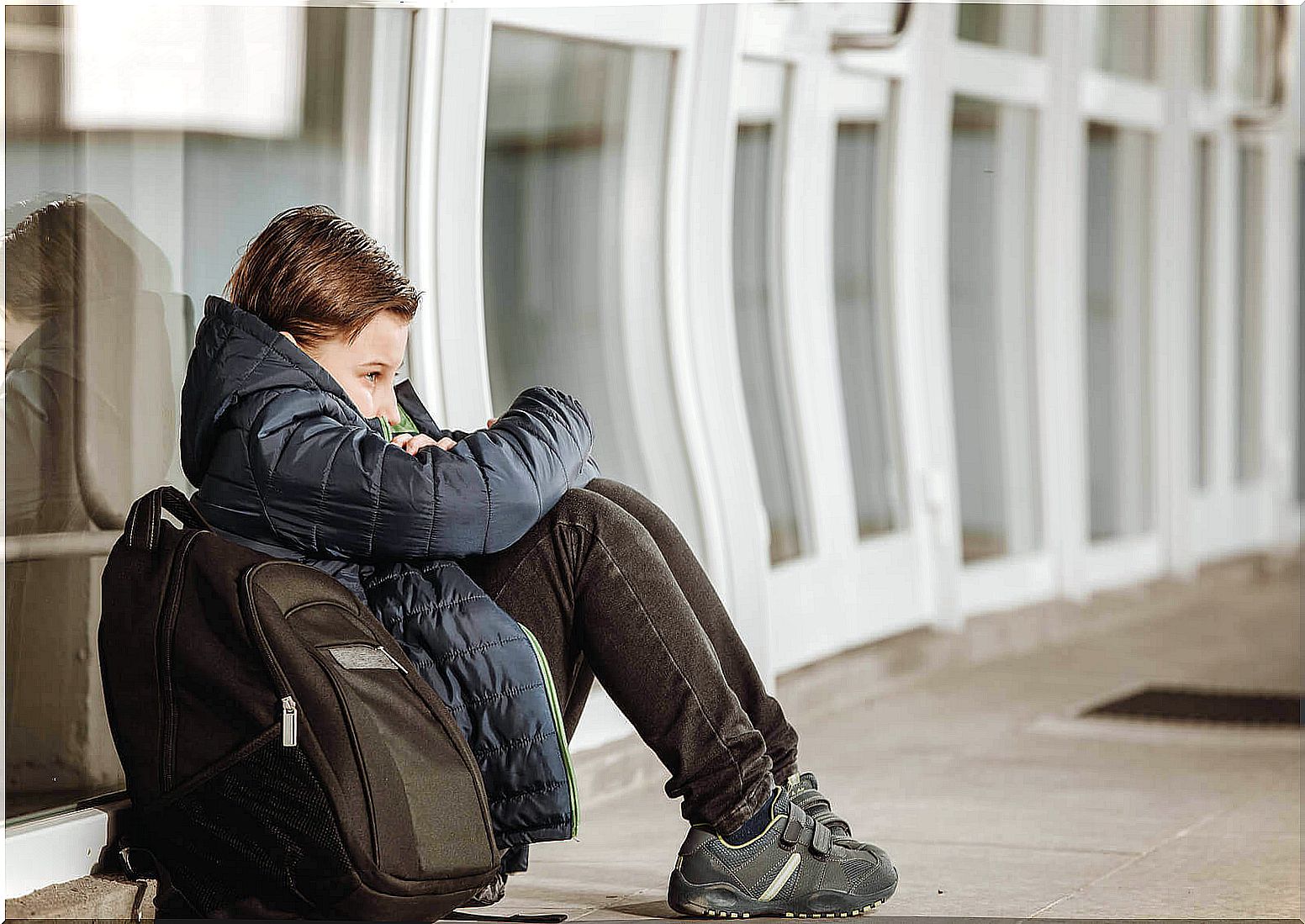
Getting closer to friends and acquaintances
Young newcomers will be safer and more relaxed alongside more senior students. If they have acquaintances or relatives in institutions, it is interesting that they stay with them and stay away from hazing places.
Appropriate contacts at the institution
Once a new student arrives at a university or college, he should have the opportunity to contact certain authority figures who can be of great help in avoiding hazing.
Hazing at School: Beware of Hazardous Substances
It can be dangerous for a new student to agree to take tests that require alcohol, smoking and, on rare occasions, even using prohibited substances. It is important not to accept this type of practice.
When the time comes, to avoid hazing in college or any educational center, if necessary, it is necessary to contact law enforcement agencies. In any case, it is important that we all work together to prevent these dangerous rituals from perpetuating and affecting our young people.




